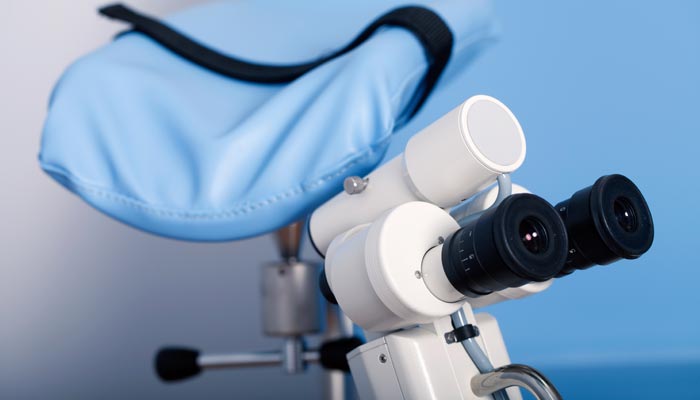
Understanding a Colposcopy
Any time you hear the phrase “abnormal test results” from your doctor, it’s a scary thing. If your pap-smear test results show as abnormal, your doctor may recommend colposcopy. A little bit of knowledge goes a long way to alleviating those fears. Here is what you need to know to understand this routine procedure.
What is a Colposcopy?
Colposcopy is a gynecological procedure which looks at the vagina and cervix with a special lighted microscope, called a colposcope. A camera can be attached to the colposcope to take pictures or video. This is done to detect and examine abnormalities so your doctor can properly diagnose and treat anything that looks suspicious.
What Tests are Done?
Three tests are performed during the colposcopy procedure. The first two are to make sure your physician can adequately see the abnormality. The final step is what the doctor takes for further testing. Here are the detail for each step of the procedure:
- Acetic acid wash – Using a cotton swab with a vinegar solution (acetic acid) washes away mucus in the vagina, allowing any abnormalities to be seen more easily. Sometimes an iodine stain is also performed.
- Use of color filters – The use of blue or green filtered light causes abnormal capillaries to become more noticeable to the doctor.
- Biopsy of cervical tissue – Tissue samples are taken from abnormal areas and are sent to a pathologist for testing. Treatment is determined based on the severity of the abnormalities.
How Do You Prepare?
Being properly prepared for any procedure is the key to effective results, and this is particularly true for a colposcopy. There are a few steps to take to make sure your result with be clear for the physician and for the next phase of testing.
- Schedule your procedure for when you’re not having your period.
- Do not have sexual intercourse for 24 hours before procedure.
- Empty your bladder just before your colposcopy.
- Tell your doctor if you are taking any medications, have allergies to medications, have had any bleeding problems, are taking blood thinners, or been treated for vaginal infection. With any procedure, make sure your doctor is aware of any possibility of pregnancy.
- Take a pain reliever like ibuprofen a half hour before to reduce discomfort caused by the colposcopy or biopsy
What Are the Risks?
Colposcopy is considered to be a safe procedure with very few risks, the most common of which are mild cramping and light spotting. Rare complications from biopsies can occur. You should contact your doctor if you experience bleeding heavier than a typical menstruation, fever, chills, or severe abdominal pain.
